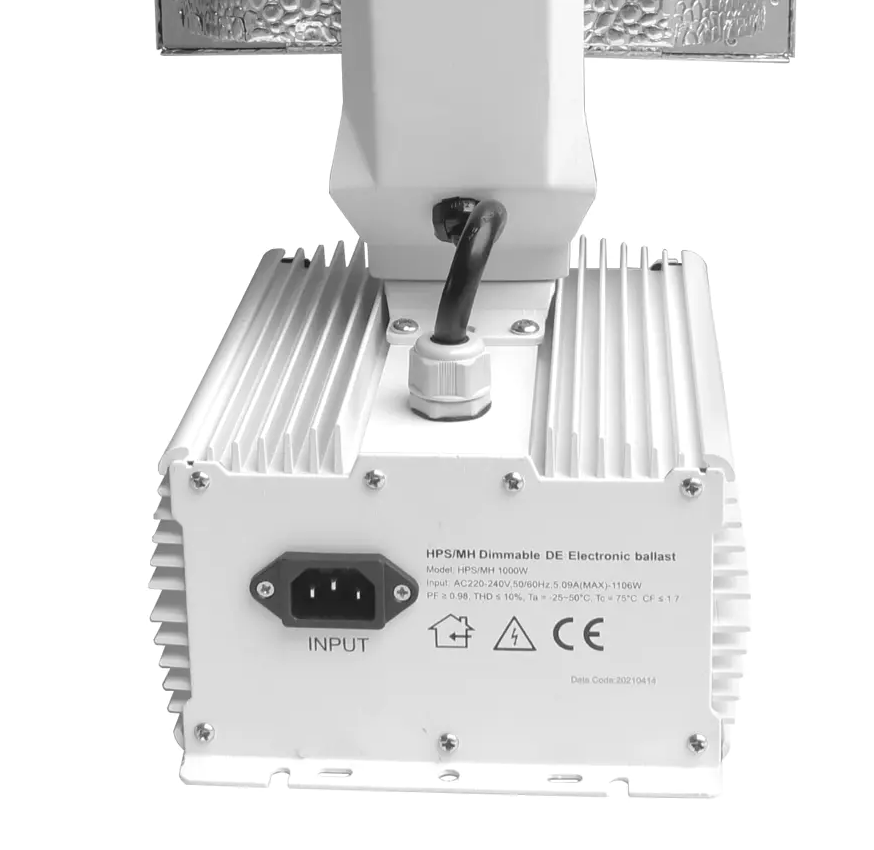How CMH Sodium Light Improves Luminous Efficacy When Evaluated Against Conventional Sodium Lighting

Shifting Standards in Lighting
In professional lighting applications, the transition from conventional high-pressure sodium lamps to more advanced technologies has been driven by demands for higher efficiency and better performance. CMH Sodium Light is often highlighted as a significant improvement, offering both technical and practical advantages. Understanding how it compares with traditional sodium-based lamps in terms of luminous efficacy is essential for industries evaluating long-term operational costs.
Understanding Luminous Efficacy
Luminous efficacy refers to how effectively a light source converts electrical energy into visible light, usually measured in lumens per watt. Traditional high-pressure sodium lamps have long been valued for their relatively strong efficacy, averaging between 80 and 120 lumens per watt. However, their limitations in color rendering and light stability have motivated the search for alternatives that balance efficiency with quality of illumination.
Performance of CMH Technology
CMH Sodium Light typically demonstrates higher luminous efficacy, often reaching 100 to 130 lumens per watt depending on the design and operating conditions. This improvement, while modest on paper, translates into significant energy savings when applied across large-scale lighting systems such as warehouses, industrial facilities, and horticultural environments. Beyond raw efficacy numbers, CMH also provides a more stable and balanced light spectrum, making its illumination not only efficient but also more functional.
Practical Benefits in Real Applications
The enhanced efficiency of CMH Sodium Light reduces power consumption, which directly lowers operating costs. In large facilities where hundreds of fixtures may be in use, even a small increase in lumens per watt leads to considerable savings over time. Additionally, improved color rendering ensures that light is not just bright but also more useful for tasks requiring visual accuracy, creating a dual benefit of energy efficiency and functionality.
Comparison Beyond Numbers
While high-pressure sodium lamps continue to be cost-effective in terms of initial purchase, their lower efficacy and poorer spectral quality reduce long-term value. CMH Sodium Light bridges the gap by offering comparable or superior efficiency while also delivering higher-quality light output. This balance makes it especially attractive for users who seek both operational savings and improved working or growing environments.
A Clear Step Forward
In conclusion, CMH Sodium Light offers measurable improvements in luminous efficacy compared with traditional high-pressure sodium lamps. These gains are not only reflected in better lumens per watt but also in enhanced usability of the light produced. For industries looking to optimize energy efficiency without compromising on light quality, CMH technology provides a clear step forward and remains a competitive choice in modern lighting solutions.
A domed shape and air-cooled features allow this grow lamp to optimize intensity while decreasing heat over 16 square feet of canopy.
You can adjust the light's intensity anywhere between 50% and 110%. Remove heat from a grow room by connecting to exhaust fans.
- Art
- Causes
- Crafts
- Dance
- Drinks
- Film
- Fitness
- Food
- Games
- Gardening
- Health
- Home
- Literature
- Music
- Networking
- Other
- Party
- Religion
- Shopping
- Sports
- Theater
- Wellness


